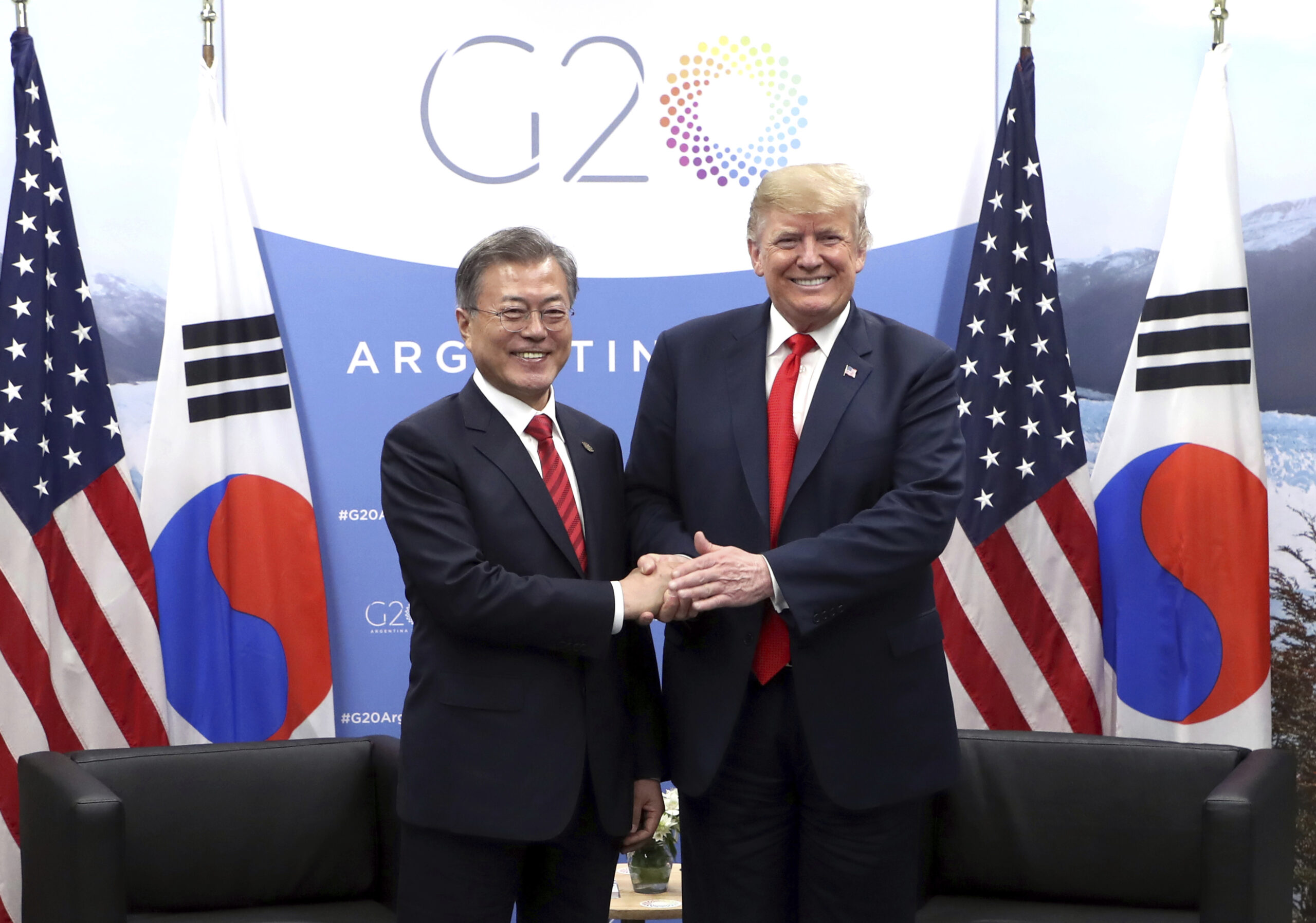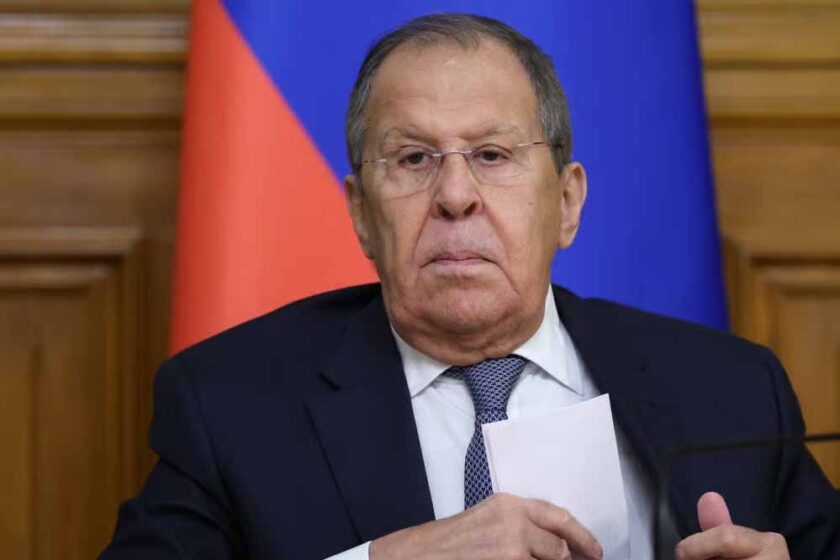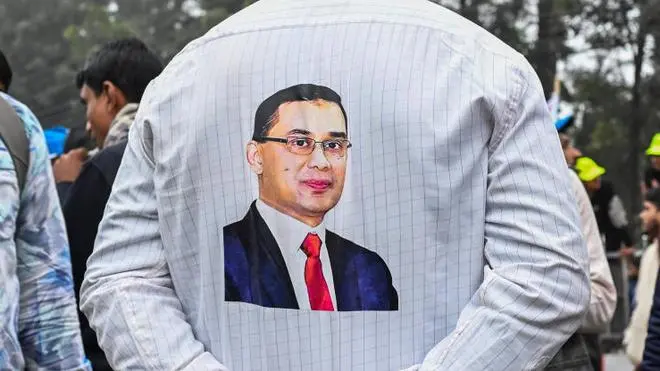Seoul: South Korea and the United States are set to establish a joint working group this week aimed at streamlining the visa process for Korean workers, diplomatic sources confirmed. The move follows heightened tensions after a U.S. immigration enforcement raid at a Hyundai plant in Georgia earlier this month.
The raid, carried out in early September, led to the detention of nearly 475 individuals, including 300 South Korean nationals accused of violating visa regulations. Many were held for a week before being released following diplomatic intervention, Yonhap News Agency reported.
According to officials, the working group will be led by South Korea’s Ministry of Foreign Affairs and the U.S. State Department, with possible participation from the Department of Homeland Security and the Department of Commerce. With Korean firms spearheading large-scale manufacturing projects in the U.S., the initiative is seen as a crucial step toward easing systemic hurdles faced by Korean workers.
The discussions are expected to focus on the B1 visa, typically granted for business purposes such as meetings or contract signings, as well as short stays under the Electronic System for Travel Authorization (ESTA). Clarifying the scope of activities permitted under the B1 visa could help resolve issues without overhauling the current system, sources said.

Officials are also considering the establishment of a dedicated visa desk at the South Korean Embassy in Washington to support investors and workers. Early discussions had even raised the possibility of deporting detained workers, but diplomatic negotiations appear to have averted such measures.
Reacting to the controversy, U.S. President Donald Trump emphasized on Truth Social that the U.S. welcomes foreign investment and skilled professionals entering legally. “Your investment is welcome, and we encourage bringing highly skilled and technically talented people legally. We will make it swift and lawful for you,” Trump posted. He added that in return, Korean companies should commit to hiring and training American workers to foster both productivity and unity.
The working group is expected to lay the foundation for a more transparent and supportive visa framework, ensuring smoother cooperation between the two allies at a time of deepening economic ties.










